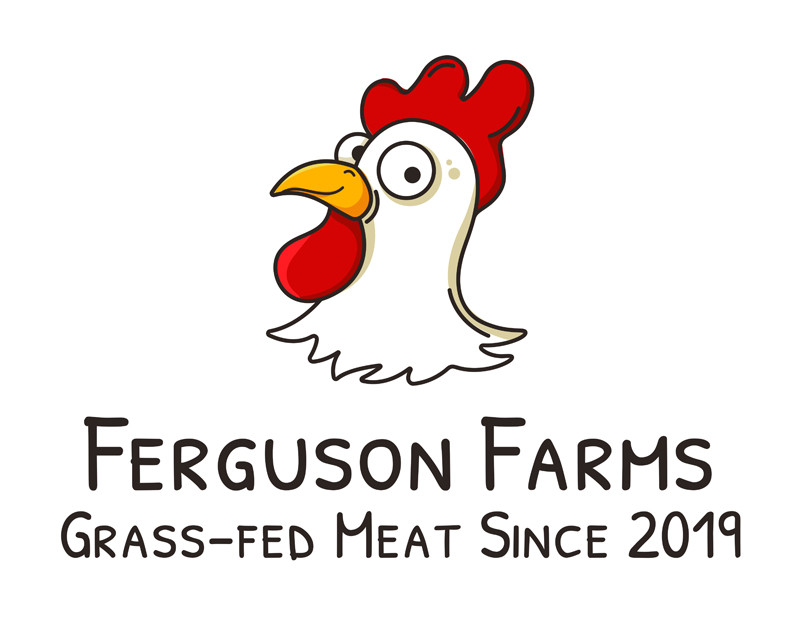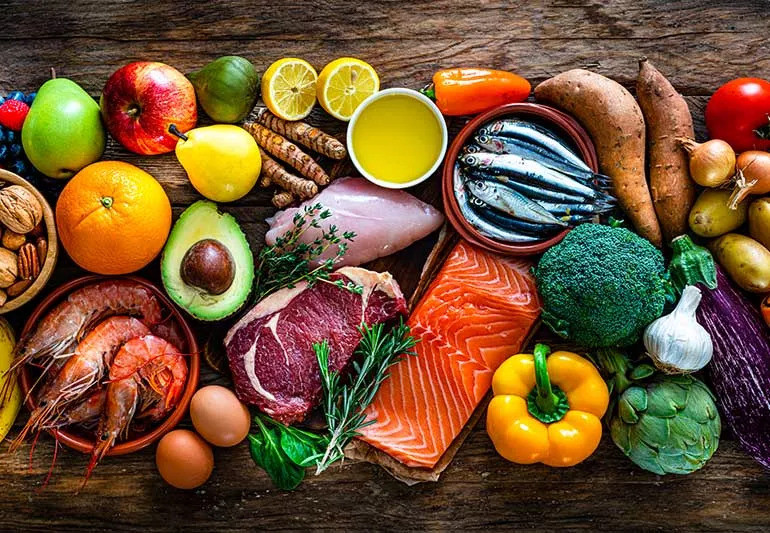MMA Champion Johnny Eblen Partners with Ferguson Farms to Fuel His Fight Camp with Clean, Grass-Fed Protein
MMA World Champion Johnny “The Human Cheat Code” Eblen is teaming up with Ferguson Farms to fuel his fight camp with clean, grass-fed protein. In this exclusive partnership, Johnny shares why he trusts Ferguson Farms for performance nutrition—featuring 100% grass-fed and finished meats, raised in Central Florida and shipped nationwide. Learn more about the collaboration and how to get 10% off with code EBLEN10.









